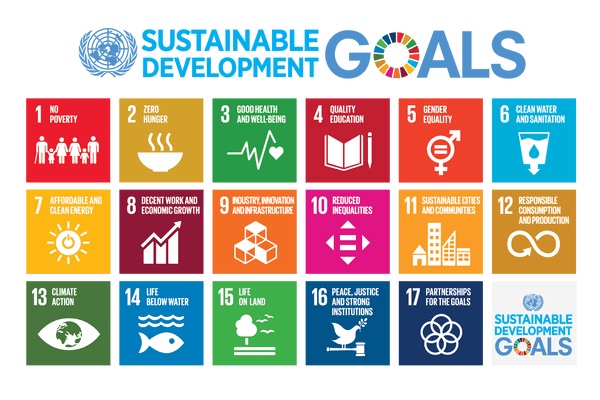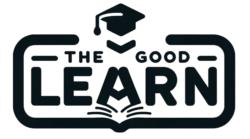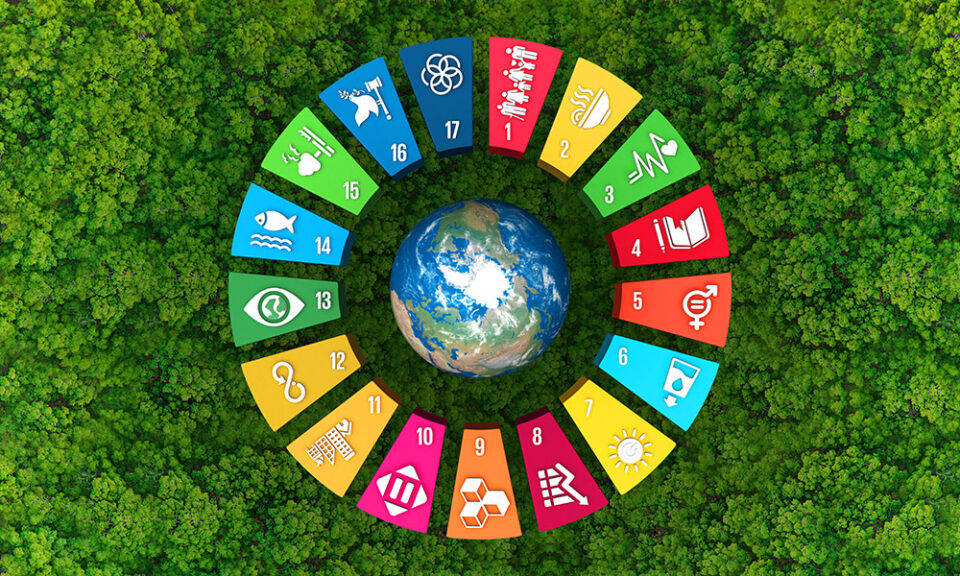The Sustainable Development Goals (SDGs) adopted by the United Nations in 2015, are a set of 17 goals aimed at addressing global challenges and ensuring a sustainable future for all. One of these goals, Goal 4, specifically focuses on quality education and promoting lifelong learning opportunities for all. To achieve this goal, it is crucial to integrate the SDGs into education policies.
Why are Sustainable Development Goals important in Education Policy?
Education plays a vital role in achieving sustainable development. By incorporating the SDGs into education policies, governments and educational institutions can create a framework that promotes holistic learning, critical thinking, and global citizenship. Such policies ensure that students are not only equipped with academic knowledge but also with the skills and values necessary to contribute to a sustainable and equitable society.
Integrating the SDGs in education policy also helps raise awareness about the pressing global challenges we face, such as poverty, inequality, climate change, and environmental degradation. By teaching students about these issues from an early age, we can foster a sense of responsibility and empower them to become agents of change in their communities.
Implementing Sustainable Development Goals in Education Policy
Integrating the SDGs into education policy requires a comprehensive approach. Here are some key steps that can be taken:
- Curriculum Development: Review and revise existing curricula to incorporate the principles and concepts of sustainable development across all subjects. This includes teaching about environmental conservation, social justice, human rights, and responsible consumption.
- Teacher Training: Provide teachers with training and professional development opportunities to enhance their understanding of sustainable development and equip them with the necessary skills to integrate the SDGs into their teaching practices.
- Partnerships: Foster collaboration between educational institutions, government bodies, civil society, and the private sector to develop and implement sustainable development initiatives. This can include joint projects, resource sharing, and knowledge exchange.
- Student Engagement: Involve students in decision-making processes and empower them to take action on sustainability issues within their schools and communities. This can be done through student-led clubs, projects, and campaigns.
Benefits of Integrating Sustainable Development Goals in Education Policy

Integrating the SDGs into education policy has numerous benefits:
- Equipping Students: By teaching students about the SDGs, we provide them with the knowledge and skills to address global challenges and work towards a sustainable future.
- Creating Awareness: Education policies that integrate the SDGs help raise awareness about pressing issues, fostering a sense of responsibility and inspiring individuals to take action.
- Promoting Critical Thinking: Teaching sustainable development encourages students to think critically, analyze complex problems, and develop innovative solutions.
- Building Global Citizenship: By understanding the interconnectedness of global issues, students develop a sense of global citizenship and empathy towards diverse communities.
- Driving Policy Change: Education policies that prioritize the SDGs can influence broader policy changes at the national and international levels, promoting sustainable development agendas.
Integrating the Sustainable Development Goals into education policy is crucial for creating a sustainable and equitable future. By incorporating the principles and concepts of sustainable development into curricula, training teachers, fostering partnerships, and engaging students, education can play a transformative role in achieving the SDGs and building a better world for all.

